Denver school board member John Youngquist is alleging that the board violated state open meetings law by misstating the purpose of a recent executive session, and by excluding him from that session because it dealt with a matter he had raised about his compensation.
Commentary
Note: This post has been updated with more detail about when the threshold for school board approval for purchases was raised to $1 million. It also puts into perspective how far below past limits the current proposal to lower the threshold to $100,000 would be.
Are CEA and DCTA are trying to do away with all school performance frameworks?
Our moment is now, because too many days have passed, and none are promised. Now is the only moment that we have. Now is the only answer to our question of when!
Given the agonizing budget decisions the Denver school board will have to make in the next couple of months, and given the influence the loudest voices crying ‘liar!’ have over some board members, it’s vitally important that everyone involved come to the table equipped with accurate, reliable information.
DPS is still struggling to define equity. Still struggling to define a shared vision forward with a comprehensive strategic plan to get there together. Too many departments, committees, sub-committees, and parts operating in silos, disconnected from the reality that we must align our brilliance to do what is better and best for black children and therefore all children served by Denver Public Schools.
The Reimagining SPF Committee is making it harder for members of the public to get critical academic data that they rely on to understand what is happening inside our schools. Committee members are asking you to trust that the system is working for the success of your student and then hiding the evidence that would prove it.
The Covid-19 calamity presents an opportunity for all sides to come together to create a new vision for what public education might look like in Denver when we emerge from the pandemic. We offer a respectful counterpoint to some recently floated ideas.
The structure and systems remain in place. Supremacy ideology continues to choke the potential of this district to be anything but talk when it comes to transforming the lived realities of black children, families, communities, teachers and leaders.
Two educator-moms are leading Denver Public Schools through the COVID-19 crisis. They help us remember something we too often forget: Parents deserve a major voice in their children’s education.

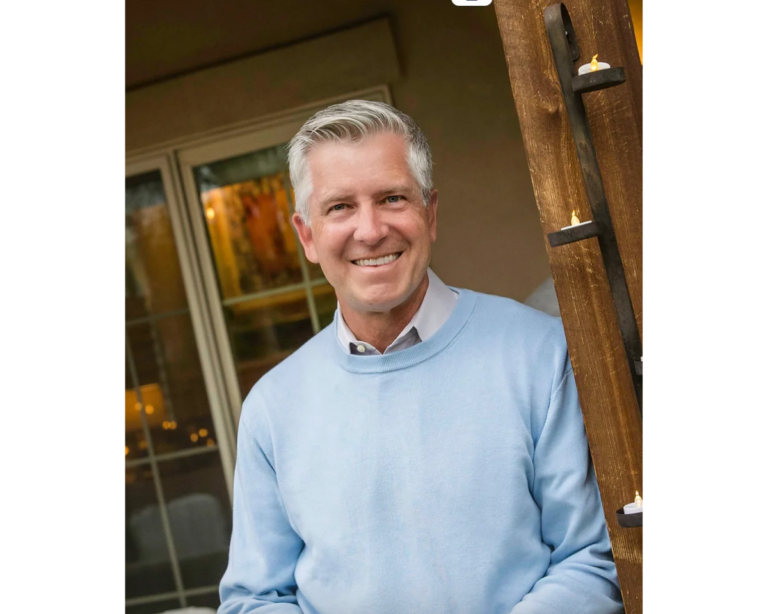









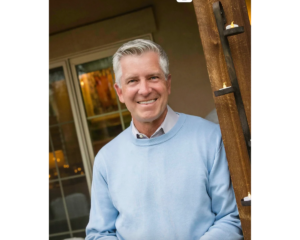
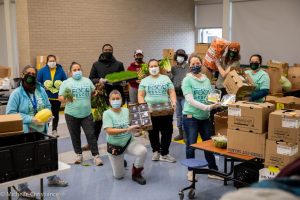


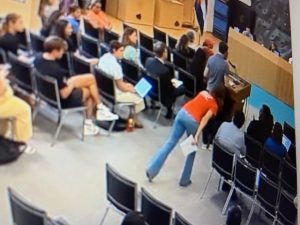
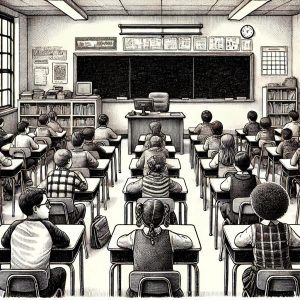
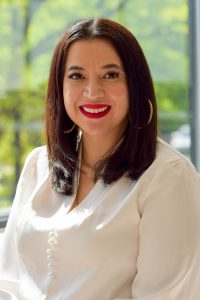
The Black Excellence Resolution Rhetoric (Part 4 of 4) – Equity, Exodus, Exhale!
In the wake of the murder of George Floyd — say his name — if the response is business as usual: More excuse making. More complaints and resistance. More scapegoating of COVID-19, then the bold action that we must take is EXODUS.